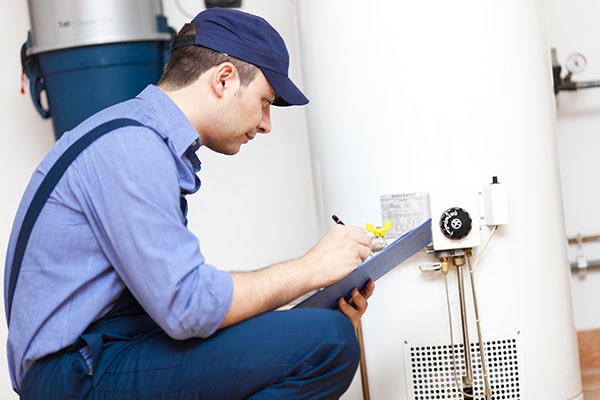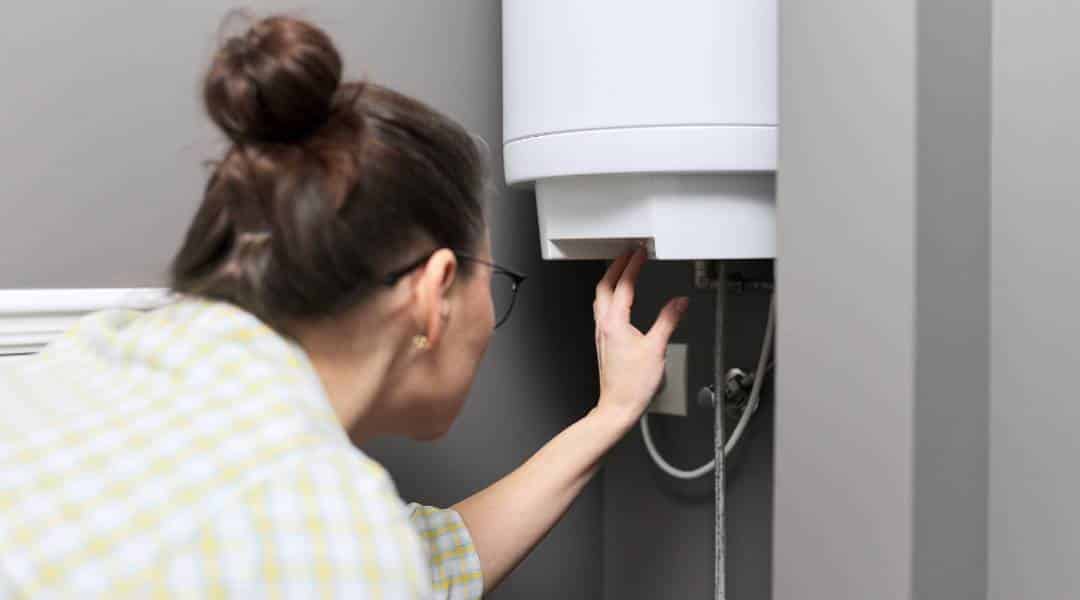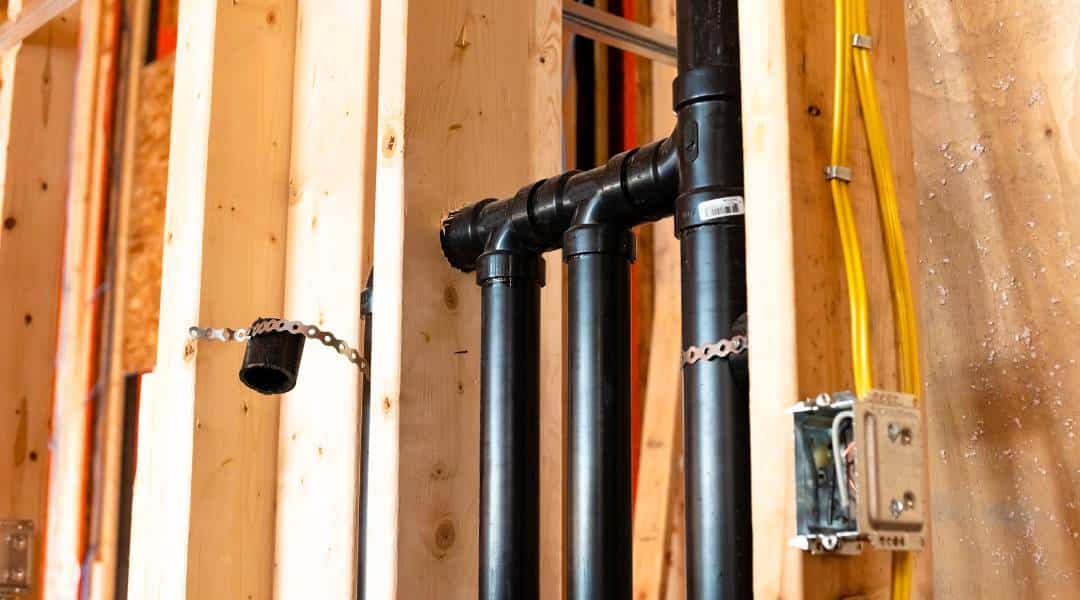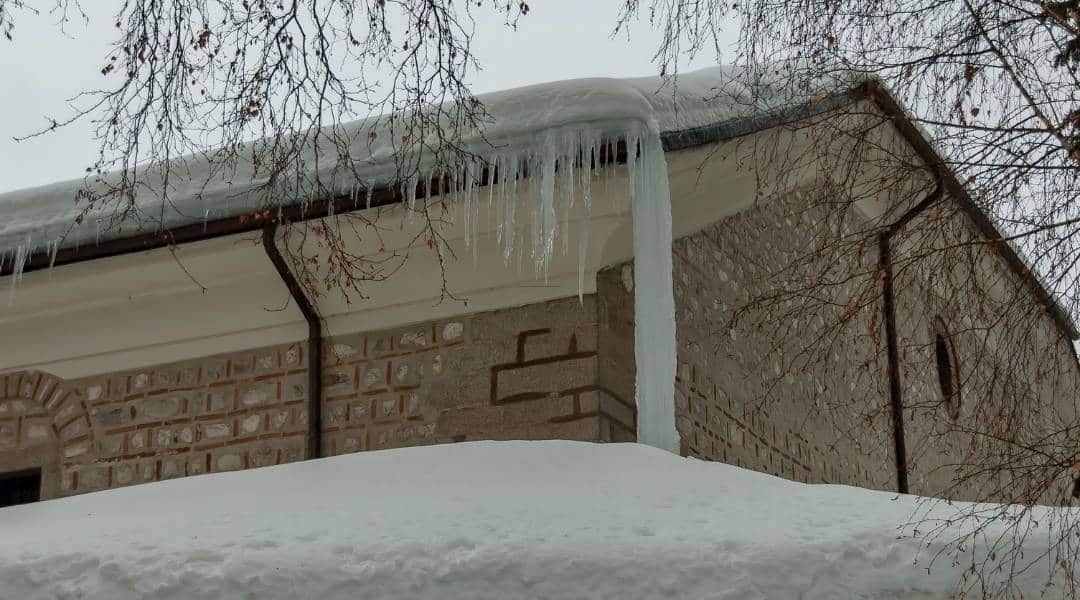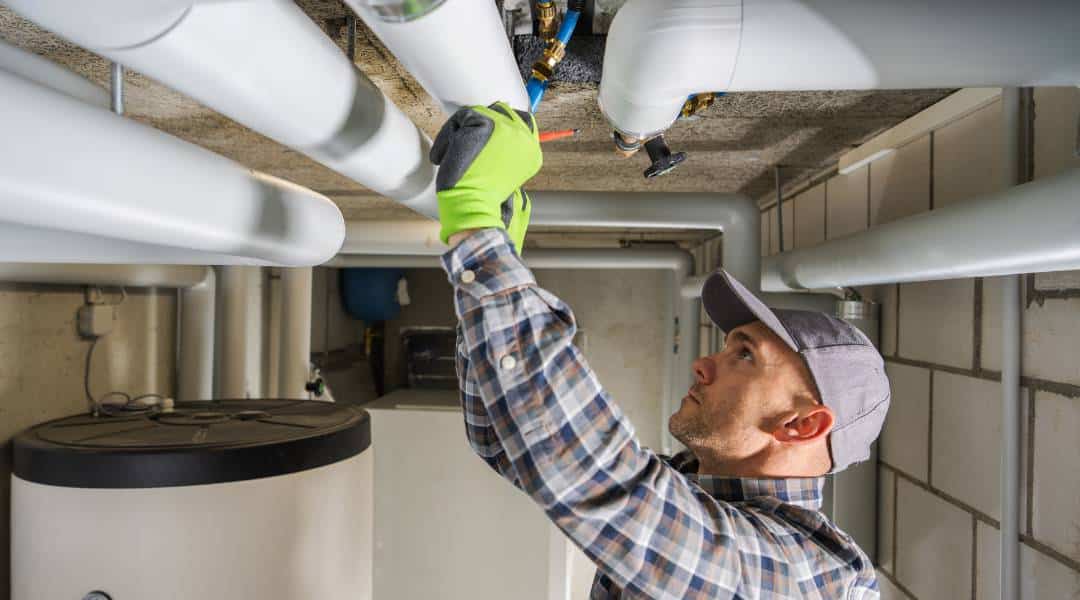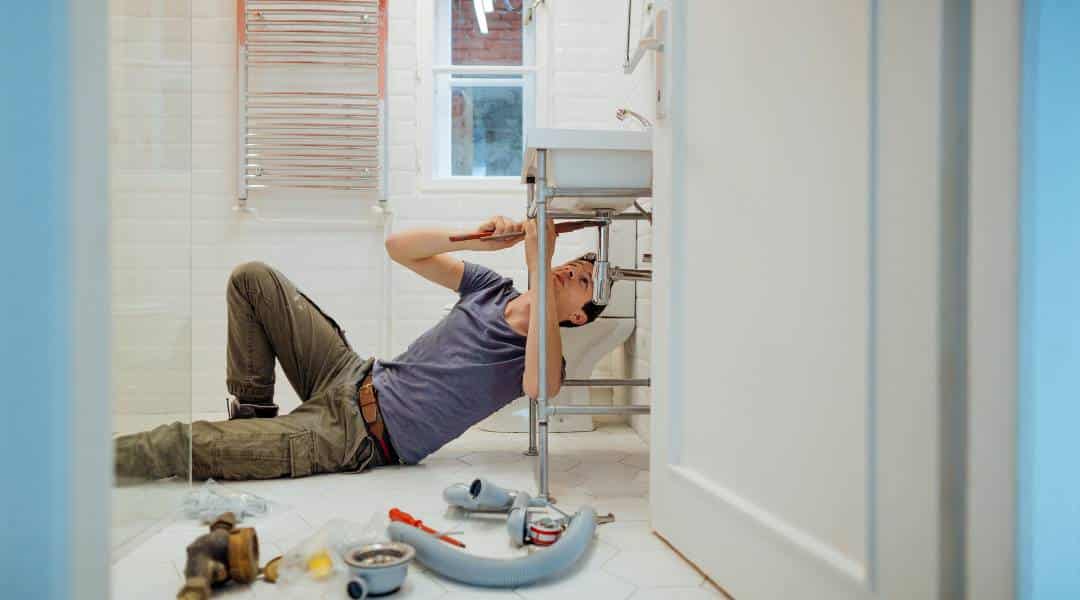A well-functioning water heater is a crucial component of any comfortable and efficient home or commercial property. Not only does it provide hot water for daily needs like bathing, cleaning, and cooking, but it also plays a major role in overall energy consumption. As such, properly maintaining your water heater and addressing any potential issues promptly can save time, money, and inconvenience in the long run. That’s why, at Discount Plumbing Chicago, we are committed to providing our clients with useful information on identifying water heater problems early and taking appropriate action.
In this blog article, we will explore the top 7 signs indicating that your water heater may need repair or replacement. We will detail the symptoms of common water heater problems, providing you with the knowledge to recognize potential issues and take proactive measures before they become costly and disruptive. Additionally, we’ll offer expert advice to help you decide whether it’s best to repair or replace your water heater, based on factors such as age, condition, and efficiency. With this guidance, you’ll be better equipped to make well-informed decisions about the maintenance and longevity of your water heater.
Our blog aims to educate and inform our readers on a wide range of residential and commercial plumbing topics. From listicles and guides to FAQs and expert advice, we will cover various aspects of water heater repair and replacement, as well as other essential plumbing services in Chicago, IL, and beyond. By familiarizing yourself with these signs of water heater trouble, you can protect your property from the consequences of a malfunctioning system, while keeping hot water flowing efficiently for years to come.
Top 7 Signs You Need Water Heater Repair or Replacement: Expert Insights and Practical Guidance
1. Insufficient Hot Water Supply
One of the most common signs of water heater trouble is insufficient hot water. If you find that your hot water supply is dwindling or takes much longer than usual to heat up, this could indicate a faulty thermostat or heating element. Alternatively, a drop in hot water capacity might be due to sediment buildup in the bottom of the tank, which reduces the heater’s efficiency and causes it to work overtime.
2. Unusual Noises
If you notice strange noises coming from your water heater, such as rumbling, banging, or popping sounds, this could be another sign of sediment buildup. As the sediment hardens, it can cause water to overheat and boil, leading to steam bubbles that create these unsettling noises. In some cases, this issue can be resolved by flushing the tank to remove sediment, but if left unaddressed, it can cause significant damage and require a full replacement.
3. Discolored or Foul-Smelling Water
Discolored or foul-smelling water is another indication of potential water heater issues. Rusty or brownish water could signify that the anode rod in your heater is corroding and needs replacement. This rod’s role is to absorb corrosive particles and protect the tank’s lining from rusting. If left unaddressed, the corrosion can spread to other parts of the heater and eventually cause it to fail. As for foul-smelling water, this might be due to bacterial growth within the tank and may require a thorough cleaning and sanitizing.
4. Leaking Water Heater
A leaking water heater is a sign of serious trouble, and immediate action should be taken to prevent potential damage to your property. Leaks can stem from several sources, such as a cracked tank, corroded fittings, or faulty valves. If the leak is coming from the tank itself, replacement is often the best course of action. However, if the cause is a faulty valve or fitting, repairing or replacing the offending component may be sufficient to resolve the issue.
5. Decreased Energy Efficiency
Higher utility bills, when not attributed to rate increases or changes in usage habits, could suggest that your water heater is running inefficiently. Over time, components such as thermostats, heating elements, and insulation can deteriorate, leading to decreased efficiency and increased energy consumption. By ensuring your water heater receives regular maintenance and addressing any issues promptly, you can maximize its efficiency and minimize energy costs.
6. Frequent Repairs or Age-Related Issues
If your water heater frequently requires repairs or is approaching the end of its average life expectancy (usually around 10-15 years for tank models and 20 years for tankless models), it may be time to consider a replacement. While repairs can extend the life of your heater, there comes a point when investing in a new, more efficient model is a more cost-effective decision.
7. Inconsistent Water Temperature
Inconsistent water temperature can cause frustration and discomfort when using hot water in your home or business. This issue can stem from various sources, such as a malfunctioning thermostat, mineral buildup, or the need for a larger water heater to meet your property’s demands. In some cases, repairs can resolve these issues. However, if your water heater is on the older side and struggling to cope with your requirements, it might be time for a replacement.
Deciding Between Water Heater Repair and Replacement
When faced with a malfunctioning water heater, determining whether to repair or replace it can be a difficult decision. Here are some factors to consider:
– Age: As mentioned earlier, the average life expectancy for tank water heaters is around 10-15 years, while tankless models can last up to 20 years. If your water heater is nearing the end of its expected lifespan and experiencing issues, replacement may be more cost-effective than a series of costly repairs.
– Repair History: If your water heater has required frequent repairs, it’s a good indication that it might be time to invest in a new unit. Continual repairs not only add up in cost but can also be disruptive and inconvenient.
– Energy Efficiency: Replacing an older, inefficient water heater with a newer, energy-efficient model can result in significant savings on your energy bills, potentially offsetting the cost of the new unit over time.
Recognizing the warning signs of a failing water heater and acting promptly can help you avoid costly and disruptive problems in your home or commercial property. With this guide, you’ll be better equipped to identify potential issues early and make informed decisions about water heater repair or replacement. When you need professional assistance with your water heater repair or replacement needs in Chicago, IL, and beyond, trust the experienced team at Discount Plumbing Chicago. Don’t compromise on your hot water needs – schedule an inspection or repair service with our skilled technicians today.





